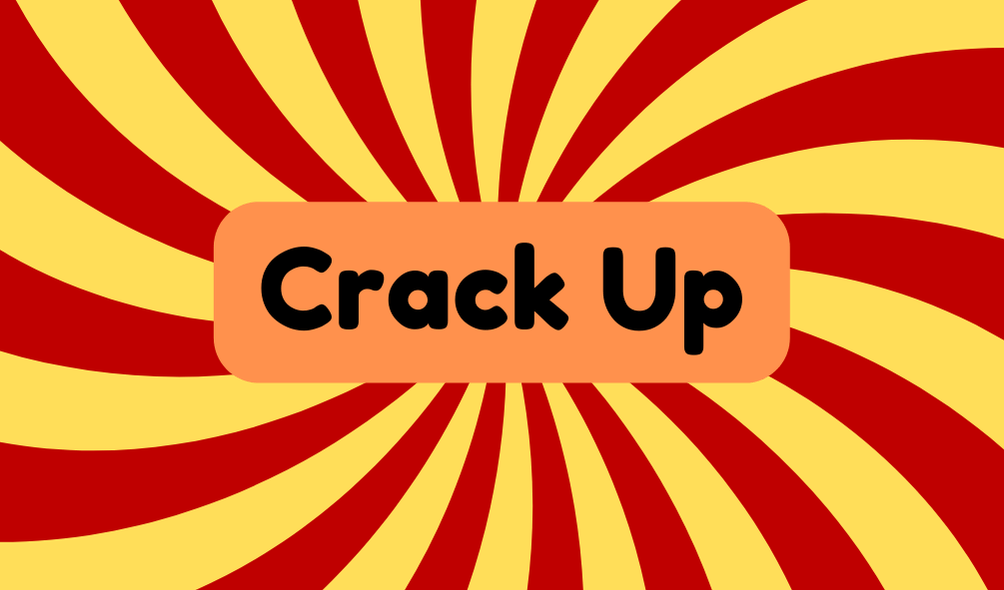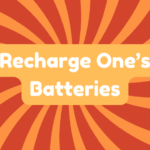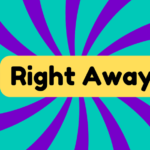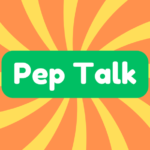The phrase "crack up" refers to both uncontrollable laughter and emotional breakdown, capturing the complexities of human emotion. Originating in the 1600s, it initially described makeup cracking from laughter but evolved to reflect deeper psychological states. For instance, one might say, "She cracked up during the meeting," indicating spontaneous laughter or stress-induced emotion. This dual meaning connects humor with coping mechanisms, showing how laughter can act as a release. Its relevance persists in modern contexts, from casual conversations to therapeutic practices, highlighting the ongoing significance of balancing humor and mental health challenges. Further exploration reveals even more insights.
Synonyms
When discussing the term "crack up," one can identify several synonyms that encapsulate its varied meanings. This phrase reflects a spectrum of emotional experiences, particularly emphasizing both the joy of laughter therapy and the gravity of emotional release. Recognizing the nuances in usage can aid in appreciating its implications:
- Emotional Breakdown – a state reached under severe stress.
- Burst into Laughter – an uncontrollable reaction that can serve as a coping mechanism.
- Hysterics – an extreme emotional response often characterized by laughter, highlighting the complex relationship between humor and psychological health.
These synonyms illustrate not only the lighthearted aspects of cracking up but also its potential connection to deeper emotional states, warranting critical examination in the context of mental well-being.
Example of Sentences
In various contexts, the term "crack up" can be illustrated through vivid examples that highlight both its humorous and serious connotations. Here are three instances that encapsulate its dual meaning:
- During a laughter therapy session, participants effortlessly cracked up, relieving their stress through shared joy.
- While attempting to stay serious in a meeting, John involuntarily cracked up at a lighthearted comment, revealing the challenge of maintaining composure under pressure.
- A comedian's ability to make the audience crack up showcases how humor can serve as a powerful tool for stress relief, fostering connections through shared laughter.
Understanding these examples illustrates the nuanced applications of "crack up" in daily life, linking emotional expression with both vulnerability and resilience.
Origin
The origin of the phrase "crack up" is rooted in the term "crack," which signifies a breakdown. Emerging in the 1600s, this phrase has undergone significant linguistic evolution, reflecting shifts in historical context and societal norms. Initially associated with women's makeup cracking due to laughter, it later expanded in meaning to signify emotional collapse or uncontrollable laughter. By the 1800s, it had evolved further to express disillusionment, seen in phrases like "not all it's cracked up to be." This evolution highlights how language adapts to cultural changes and societal attitudes toward emotions. As our understanding of mental health deepens, such colloquialisms prompt critical examination of their implications and usage in modern discourse.
Collocations
Collocations related to the phrase "crack up" illustrate the nuanced ways in which language captures emotional responses and humor. Understanding these connections enhances our recognition of laughter triggers and their psychological implications. Key examples include:
- Crack up in laughter: This phrase emphasizes uncontrolled laughter, often in response to humor.
- Crack up under pressure: Indicates a breakdown due to stress, revealing the fragile state of emotional resilience.
- Crack up a crowd: Engaging an audience in laughter showcases the performative aspect of humor.
These collocations reflect the duality of laughter, serving as both an escape from emotional strain and a means of social bonding. By analyzing these terms, we gain insight into how humor influences human behavior and emotional health.
How to Use in Everyday Language
Using the phrase "crack up" in everyday language can effectively convey a range of emotional responses, from uncontrollable laughter to severe stress breakdowns. This versatility stems from its connection to humor techniques and emotional expression. In practical use, one might say, "I nearly cracked up during that movie," to describe intense laughter, or "He cracked up under pressure," indicating a mental collapse. While humor can serve as a coping mechanism, it is crucial to recognize the full emotional spectrum the phrase captures. Misusing "crack up" can dilute its meaning, leading to misunderstandings. Consequently, employing the phrase thoughtfully allows for clearer communication and a deeper understanding of human emotions, reflecting both lighthearted and serious dimensions of our experiences.
Why Is It Still Relevant Today?
Understanding the varied uses of the phrase "crack up" reveals its continued relevance in today's language and culture. It embodies how humor functions as an essential tool for navigating social interactions and mental wellness, exemplified by concepts like humor therapy. This phrase resonates in both casual and formal contexts, reflecting our struggle and triumph over life's absurdities.
| Context | Meaning | Impact |
|---|---|---|
| Emotional Stress | Emotional breakdown | Highlighting coping methods |
| Social Interactions | Burst into laughter | Strengthening connections |
| Mental Collapse | Abnormal behavior | Reflecting societal challenges |
The duality of "crack up" showcases how humor can provoke laughter or signal deeper emotional states, establishing its sustained relevance.
Frequently Asked Questions
What Are Common Situations That Cause People to Crack Up?
Common situations that cause people to crack up often include humorous circumstances, such as unexpected jokes or playful interactions, serving as effective stress relief. These moments foster connection, enhance well-being, and promote a positive social atmosphere.
How Does Cracking up Differ From Regular Laughter?
Cracking up, unlike regular laughter, entails an emotional release that often overwhelms composure, serving as a spontaneous response to stress or absurdity. It embodies a complex interplay of emotions, reflecting deeper psychological states while fostering connectivity among individuals.
Are There Psychological Effects Associated With Cracking Up?
The act of "cracking up" offers significant psychological benefits, acting as an emotional release that alleviates stress. This therapeutic laughter contributes positively to mental health, fostering resilience and enhancing overall emotional well-being in high-pressure situations.
Can Cracking up Be a Sign of Mental Instability?
Cracking up can signify mental instability, reflecting an emotional breakdown. However, laughter therapy illustrates laughter's duality as both a coping mechanism and a potential indicator of underlying psychological challenges, necessitating further exploration into this complex relationship.
What Cultural References Influence the Meaning of Cracking Up?
Cultural references greatly shape the understanding of "cracking up," reflecting humor evolution within various societies. This interplay highlights laughter's role as both a coping mechanism and a reflection of societal norms and emotional expression.







